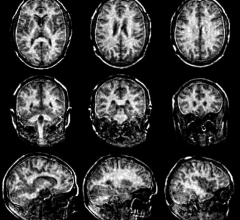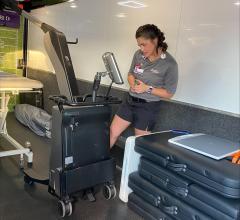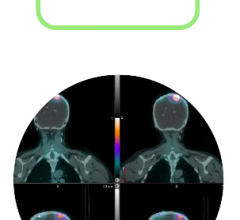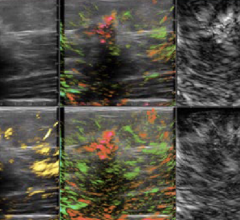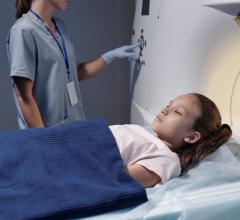
November 29, 2016 — Boston Children's Hospital and GE Healthcare announced a collaboration to develop and commercialize digital solutions to advance the diagnosis and treatment of specific childhood diseases – starting with diseases that affect the brain. The first project, detailed at the 102nd annual meeting of the Radiological Society of North America, Nov. 27-Dec. 1 in Chicago, seeks to improve diagnostic accuracy in pediatric brain scans by providing real-time contextual information at the time and place the radiologist needs it.
Every day, tens of thousands of children undergo medical imaging. At Boston Children's alone, nearly 1,000 imaging studies are performed each day. For general radiologists and pediatric imagers alike, the rapid changes in the body that occur as part of normal childhood development can pose challenges to accurately differentiate normal from abnormal. Keeping up with the ever-growing litany of specific diagnoses can frustrate even the most experienced of radiologists.
Leveraging the software expertise of GE Healthcare, the high-volume computing power of the GE Health Cloud and the clinical knowledge of radiologists at Boston Children's, the two organizations are working to develop a decision support platform that is intended to help distinguish the large variability in brain magnetic resonance imaging (MRI) scans.
The system will be pre-loaded with normative reference scans from young children of different ages for doctors worldwide to use as a benchmark when reading scans of pediatric patients.
"Interpreting pediatric brain scans requires a specific understanding of the developing brain," said Richard Robertson, M.D., radiologist-in-chief at Boston Children's. "Since most pediatric imaging is not performed in children's hospitals by specialists, this new digital tool, once available, will provide non-specialists with access to knowledge and expertise to help effectively diagnose children. We believe that by providing decision support at the time of interpretation, we can improve both the confidence and performance of the interpreting radiologist."
Ad hoc image databases are often limited to the pediatric departments of major academic institutions. General radiologists without access to such databases lack large reference points and context, which could lead to potential misdiagnosis. Changes in myelination occurring during the first few years of life are particularly likely to be confused with disease states or, conversely, may lead to misinterpretation of the exam as normal for the patient when the abnormality is symmetric in the brain.
"Pediatric brain scans of children under the age of four can be particularly tricky to read because the brain is rapidly developing during this period of childhood," said Sanjay Prabhu, MBBS, pediatric neuroradiologist at Boston Children's. "Since pediatric neuroradiologists are very scarce, we approached GE Healthcare to collaborate on the development of digital tools to help physicians of varying expertise read the scans."
During infancy and childhood, complicated disorders, especially when affecting the brain symmetrically, may be misinterpreted as normal brain maturation. Conversely, normal expected developmental changes are sometimes misinterpreted as pathologic, leading to unnecessary follow-up imaging or other diagnostic tests, which can be expensive, stressful and inconvenient to the child and family.
Boston Children's is participating via its Innovation and Digital Health Accelerator (IDHA), led by Jean Mixer, vice president of strategy and digital health, and John Brownstein, Ph.D., chief innovation officer. IDHA seeks to enable clinicians anywhere in the world to access the hospital's expertise and data in rare and complex pediatric care through digital tools.
For more information: www.gehealthcare.com


 March 06, 2024
March 06, 2024 
